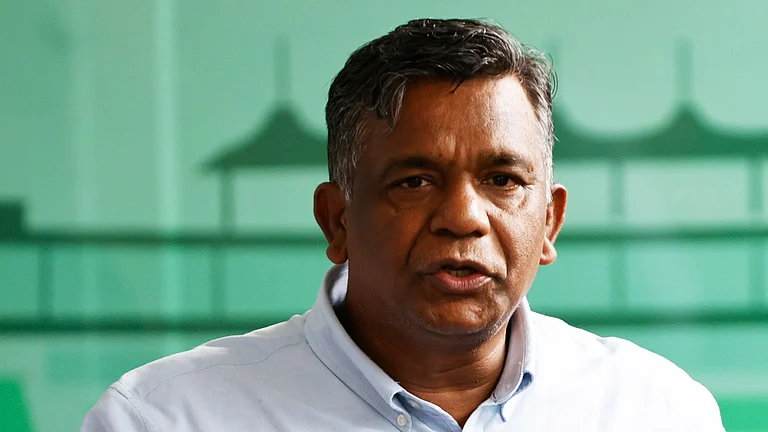Germany will carry out border controls at all its frontiers during soccer's European Championship in June and July, the country's top security official told local media. (More Football News)
Interior Minister Nancy Faeser told the daily Rheinische Post in comments published Tuesday that checks will be carried out at all German borders during the tournament “to be able to prevent possible violent criminals entering.” She added that “this is necessary to protect this major international event as best possible.”
Authorities' focus is on protection against Islamic and other extremists, hooligans and others, and securing networks against cyberattacks, she said.
Faeser's comments come shortly after the attack on a suburban Moscow concert hall that was claimed by an affiliate of the Islamic State group.
However, the decision to restore border checks during the soccer tournament had long been expected. It has become standard practice for countries in Europe's nominally ID check-free travel zone known as the Schengen area during big sports events and major summits.
Germany already is carrying out checks on its eastern and southern borders with Poland, the Czech Republic, Austria and Switzerland as a result of concerns over migration.
The European Championship starts June 14, with host Germany playing Scotland in the opening match in Munich. The final will be played in Berlin on July 14.
Italy followed France on Monday in stepping up security after the Moscow attack. Faeser's ministry said Monday that while the threat from Islamic extremists remains acute, German authorities' risk assessment hasn't changed so far as a result of the attack.




























